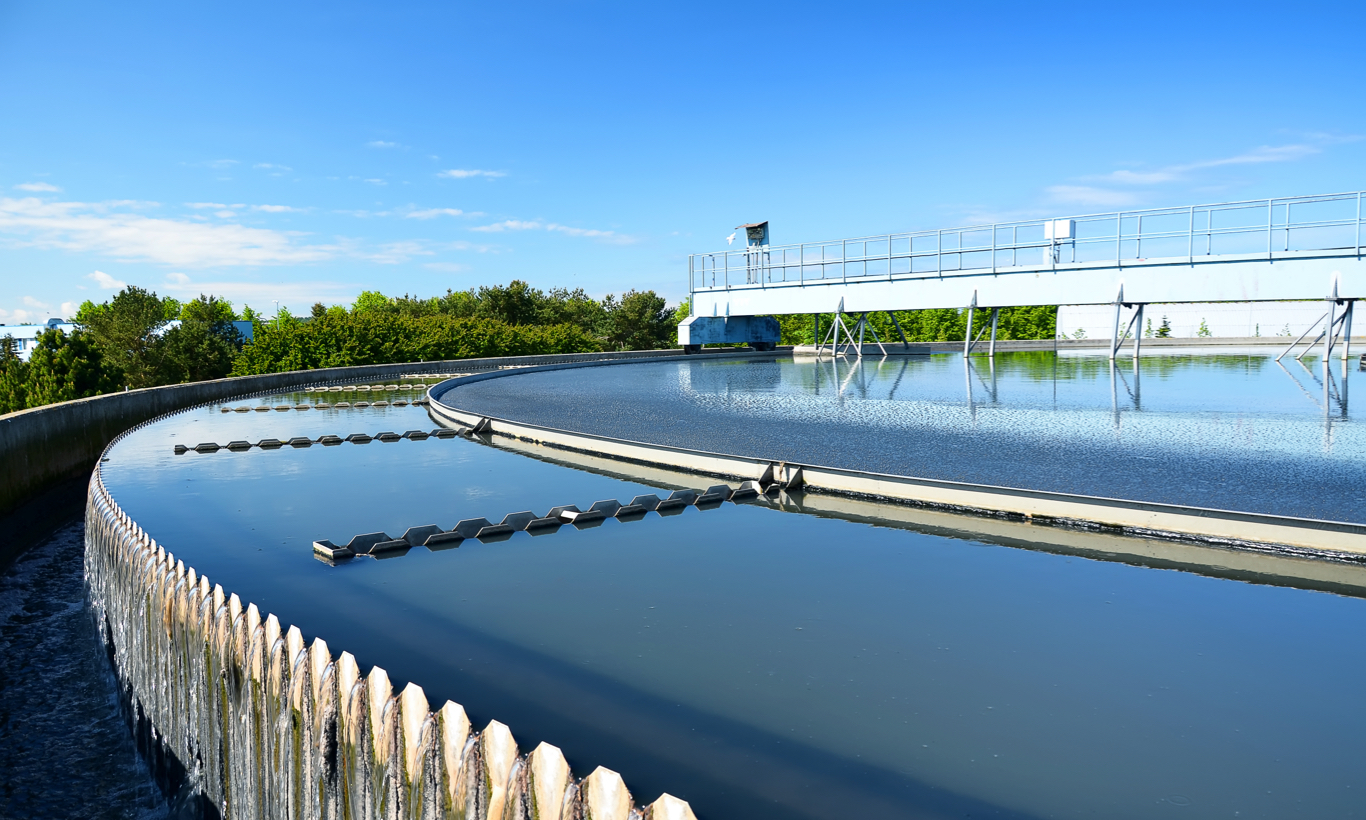Challenge
Did you know that less than 1% of the world's water supply is suitable for personal, agricultural and industrial use? With population growth and global economic development, more people are using more water.
Unfortunately, water is often wasted, polluted or managed like there's an endless supply. Water scarcity is a reality that's exacerbated by environmental factors1, including:
- Climate change resulting from rising temperatures
- An increase in the number of extreme weather events such as drought
- Changes in the amount of rainfall
The serious socioeconomic impact of water stress
Water stress occurs when a region doesn't have enough water. When this happens, people are more susceptible to health problems, poverty, lower attendance in schools and conflict. It's estimated that women in Sub-Saharan Africa spend about
40 billion hours a year fetching water at the expense of their education2.
In Ghana, girls' school attendance has risen by up to 12% because water collection time is down 15 minutes2.
When it comes to economic growth, a shortage of safe drinking water can be very harmful to businesses and result in financial losses if they have to interrupt production or pay higher supply costs.
With the number of regions without access to water expected to grow, more people will be on the move. By 2030, more than 700 million people around the world could be displaced by intense water scarcity3.
Everyone is at risk
Even Canada isn't immune to water shortages. The southern Prairies, known as the country's breadbasket, are very vulnerable to global warming because it could worsen the existing drought problems. Alberta may even lose one of its main sources of
water, Takakkaw Falls in Yoho National Park in the Rocky Mountains, because of melting glaciers.
The climate moisture index measures the difference between annual precipitation and the potential loss of water vapour from a landscape covered by vegetation. This projection is for the years 2071-2100, assuming the world continues to increase
greenhouse gas emissions4.
Protecting water with Desjardins Sustainable solutions
Fortunately, a number of companies are concerned about water scarcity and tackling it head on. They're committed to helping preserve and manage water in a responsible, sustainable and profitable way.
The portfolio managers responsible for the Desjardins Sustainable Funds have included many of these companies in their portfolios. In addition to their financial strength, these companies offer solutions, including:
- Process efficiency: Consuming less water per unit produced, tracking water usage more effectively and adopting products that require less water
- Water infrastructure: Building and maintaining a wider network that weathers climate change to limit losses
- Water treatment and sanitation: Developing filters, sterilizers and various techniques for purifying water, and building and managing treatment plants
- Alternative water sources:Using seawater desalination systems, rainwater harvesting systems or water recycling
The companies the Fund invests in5
Alternative water sources
Company: Air Water Inc.
Desjardins Sustainable International Equity Fund
Desjardins SoceTerra Short-Term Income Fund
Air Water is a Japanese conglomerate that operates in the healthcare, industrial gases (oxygen, nitrogen and hydrogen) and agriculture sectors.
The company is also involved in the fast-growing desalination sector, which transforms water from the seas and oceans into drinking water and other products, such as medical saline solutions, salt and magnesium. Furthermore, Air Water is
developing absorbent treatments to remove various substances, such as arsenic, fluoride and boron from drinking water.
Water, treatment and sanitation infrastructure
Company: Algonquin Power & Utilities Corp.
Desjardins Sustainable Canadian Bond Fund
Algonquin Power & Utilities is a distributor of water, natural gas and electricity that plays an active role in the energy transition.
The company distributes drinking water and collects wastewater from more than 160,000 customers. In an effort to lower its water consumption, Algonquin Power & Utilities rolled out new technologies to put in place sound water efficiency,
conservation, reuse and recycling practices. It also made a commitment to continue to invest in water quality improvement, water desalination projects to mitigate groundwater depletion and education to raise community awareness of the importance of
water.
Process efficiency
Company: Badger Meter Inc.
Desjardins Sustainable Cleantech Fund
Badger Meter is a leading manufacturer of products used to measure and control the flow of liquids for utilities companies, municipalities, and commercial and industrial clients the world over.
Its solutions include smart water meters and cloud-based management software that can provide key information to help clients optimize their water usage, lower their costs and reduce waste. Badger Meter works with municipalities to help them
improve their operations and be more effective and reactive.
Contact your regional sales director to learn more about our responsible investment (RI) products and tools and find out how you can leverage them to grow your business.
This information should not be construed as a recommendation to buy or sell the securities, products or services referred to or as the sole basis for an investment decision.
- Desjardins. 2020 Annual Report on Responsible Investment : Desjardins Funds, October 26, 2020. [cited June 23, 2021].
- Unesco, 2015, Gender and Water Data : Project for gender sensitive water monitoring,
assessment and reporting, World Water Assessment Programme. November 4, 2015. [cited June 23, 2021].
- Unicef. "Water scarcity : Addressing the growing lack of available water to meet children's needs." 2020. [cited June 23,
2021].
- CBC. "Here are the places in Canada — yes, Canada — vulnerable to drought." Updated July 27, 2018. [cited June 23, 2021].
- The companies are in the portfolio as at December 31, 2022.
In order to facilitate their accessibility our website may include links to other sites on the Internet. When the links to these sites are used, the rules for the site should be checked and accepted prior to use. We do not accept any
responsibility for the content or further functionalities of these sites. Desjardins is not responsible for the content or the subject matter of any other website, including any site that has provided access to its portal or that has been accessed
through its portal.
Desjardins Funds are not guaranteed, their value fluctuates frequently, and their past performance is not indicative of their future returns. Commissions, trailing commissions, management fees and expenses all may be associated with mutual
fund investments. Please read the prospectus before investing. Desjardins Funds are offered by registered dealers.


 Search a product
Search a product

